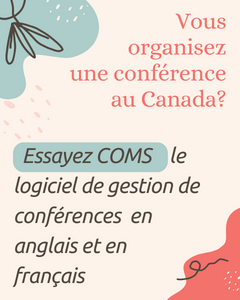Conférences > Physique > Physique numérique > Canada
Sélecionner un pays
Allemagne (3) Belgique (1) Brésil (1) Canada (3) France (2) Hongrie (1) Italie (3) Japon (1) Royaume-Uni (1) République tchèque (1) Serbie (1) Viêt Nam (1) États-Unis (1)
1
Conference: Stability of Shock Waves and other Structures in Gas Dynamics
04 mai 2026 - 08 mai 2026 • Toronto, Ontario, Canada
Identifiant de l'évènement:
1685488
2
Conference: Singularity Formation and Propagation in Gas Dynamics
11 mai 2026 - 14 mai 2026 • Toronto, Ontario, Canada
Identifiant de l'évènement:
1685410
3
Variational Problems in the Physical and Data Sciences: Analysis, Modeling, and Simulation
05 jul 2026 - 10 jul 2026 • Banff, Alberta, Canada
Identifiant de l'évènement:
1668680
Conference-Service.com met à la disposition de ses visiteurs des listes de conférences et réunions dans le domaine scientifique. Ces listes sont publiées pour le bénéfice des personnes qui cherchent une conférence, mais aussi, bien sûr, pour celui des organisateurs. Noter que, malgré tout le soin que nous apportons à la vérification des données entrées dans nos listes, nous ne pouvons accepter de responsabilité en ce qui concerne leur exactitude ou étendue. Pensez donc à vérifier les informations présentées avec les organisateurs de la conférence ou de la réunion avant de vous engager à y participer!
Dernière mise à jour: 26 novembre 2025




